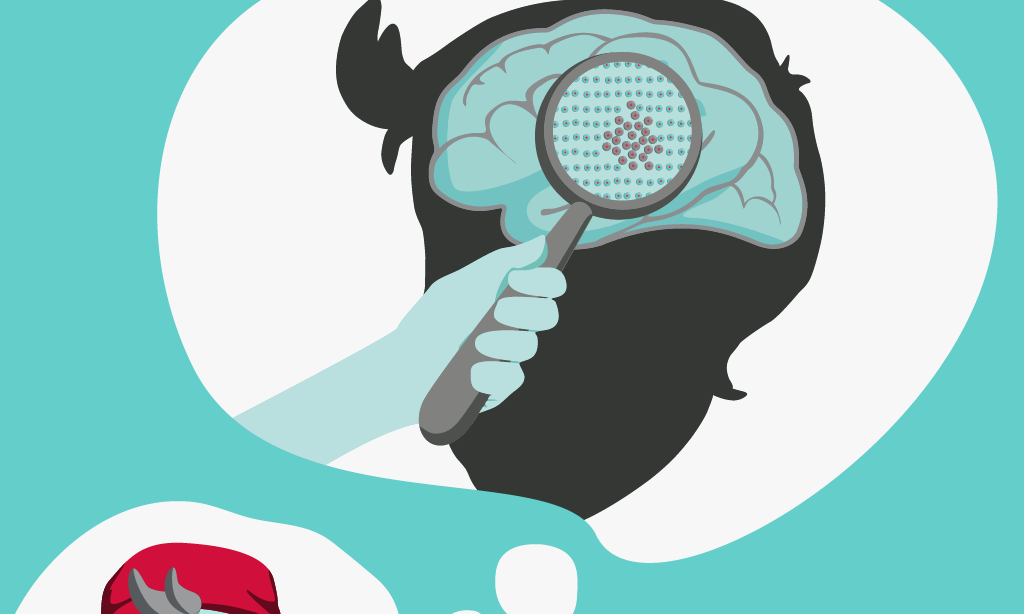Choroid plexus carcinoma
Choroid plexus carcinomas occur within the ventricles of the brain and can block the cerebro-spinal fluid from circulating and draining, causing pressure to build up in the skull.
What is choroid plexus carcinoma?
These tumours mostly grow in one year olds, where the signs of the raised intracranial pressure may be vomiting and lethargy (drowsiness) or your child being unable to look upwards. Their head size may also grow quickly.
These tumours are high grade (grade 3) and fast-growing. They can be associated with the genetic condition, Li-Fraumeni syndrome. They are different from choroid plexus papillomas, which are low grade and slow growing tumours.
Symptoms of choroid plexus carcinoma
The first symptom of the tumour may be pressure headaches, particularly in the mornings.
Treatment of choroid plexus carcinoma
Treatment involves removing as much of the tumour as possible followed by chemotherapy and, sometimes, radiotherapy. This partly depends on the age of the child, as health professionals try not to give radiotherapy to children under 3 years.

Join our community on Facebook
Our closed Facebook group for parents is a great place to connect with other parents affected by a brain tumour and share your experiences.
In this section

Get support
If you need someone to talk to or advice on where to get help, our Support and Information team is available by phone, email or live-chat.
Get your free Brainy Bag
Our Brainy Bag is a free gift for children and young people who have been diagnosed with a brain tumour, made up of a range of handpicked toys and activities!
Recommended reading
Share your experiences and help create change
By taking part in our Improving Brain Tumour Care surveys and sharing your experiences, you can help us improve treatment and care for everyone affected by a brain tumour.
